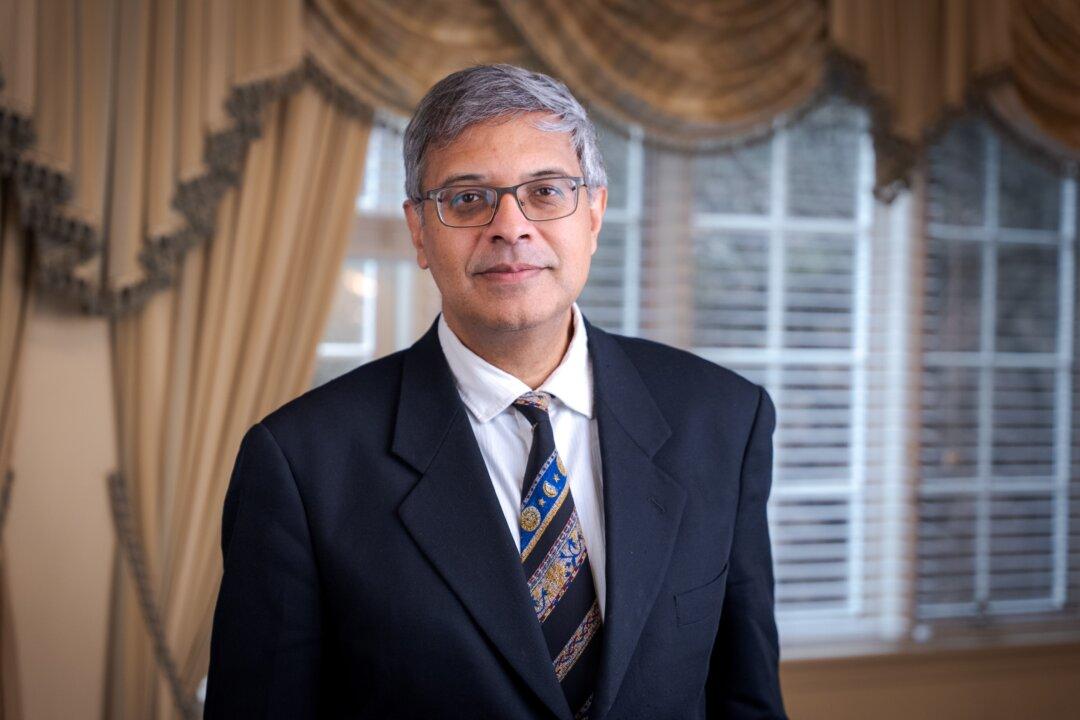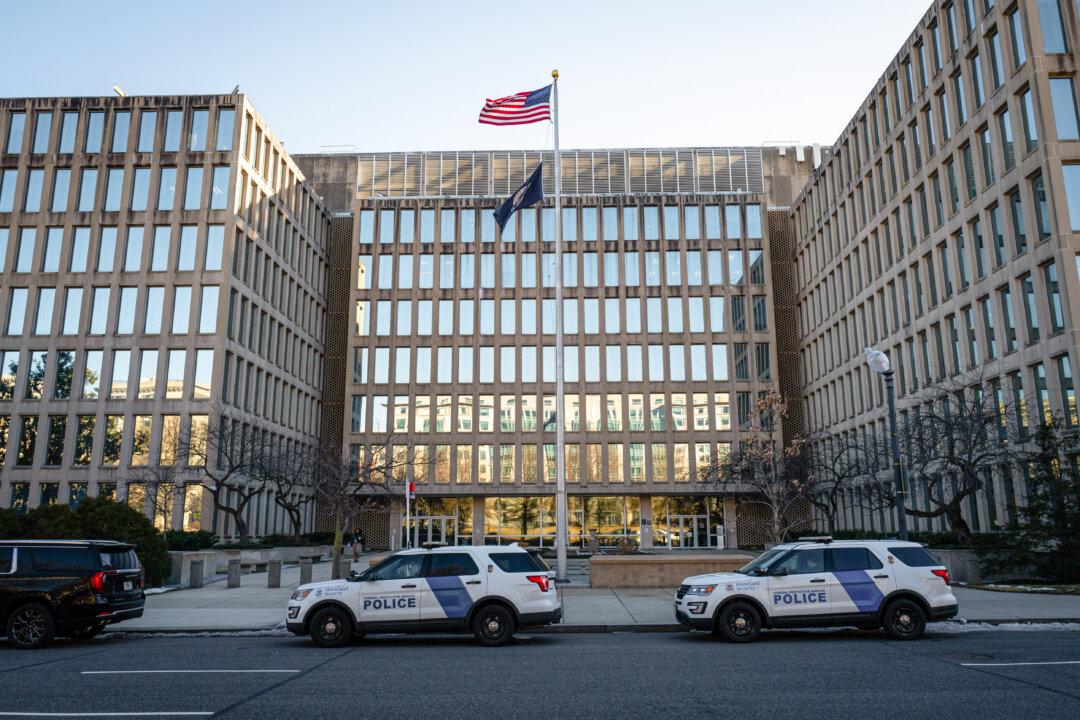President-elect Donald Trump on Nov. 26 chose Dr. Jay Bhattacharya, a Stanford University health policy professor, to lead the National Institutes of Health (NIH), putting a physician who was a vocal opponent of COVID-19 lockdowns in charge of the nation’s leading medical research agency.
“Dr. Bhattacharya will work in cooperation with Robert F. Kennedy Jr. to direct the nation’s medical research and to make important discoveries that will improve health and save lives,” Trump said in a statement.





